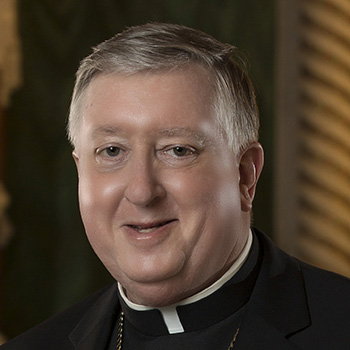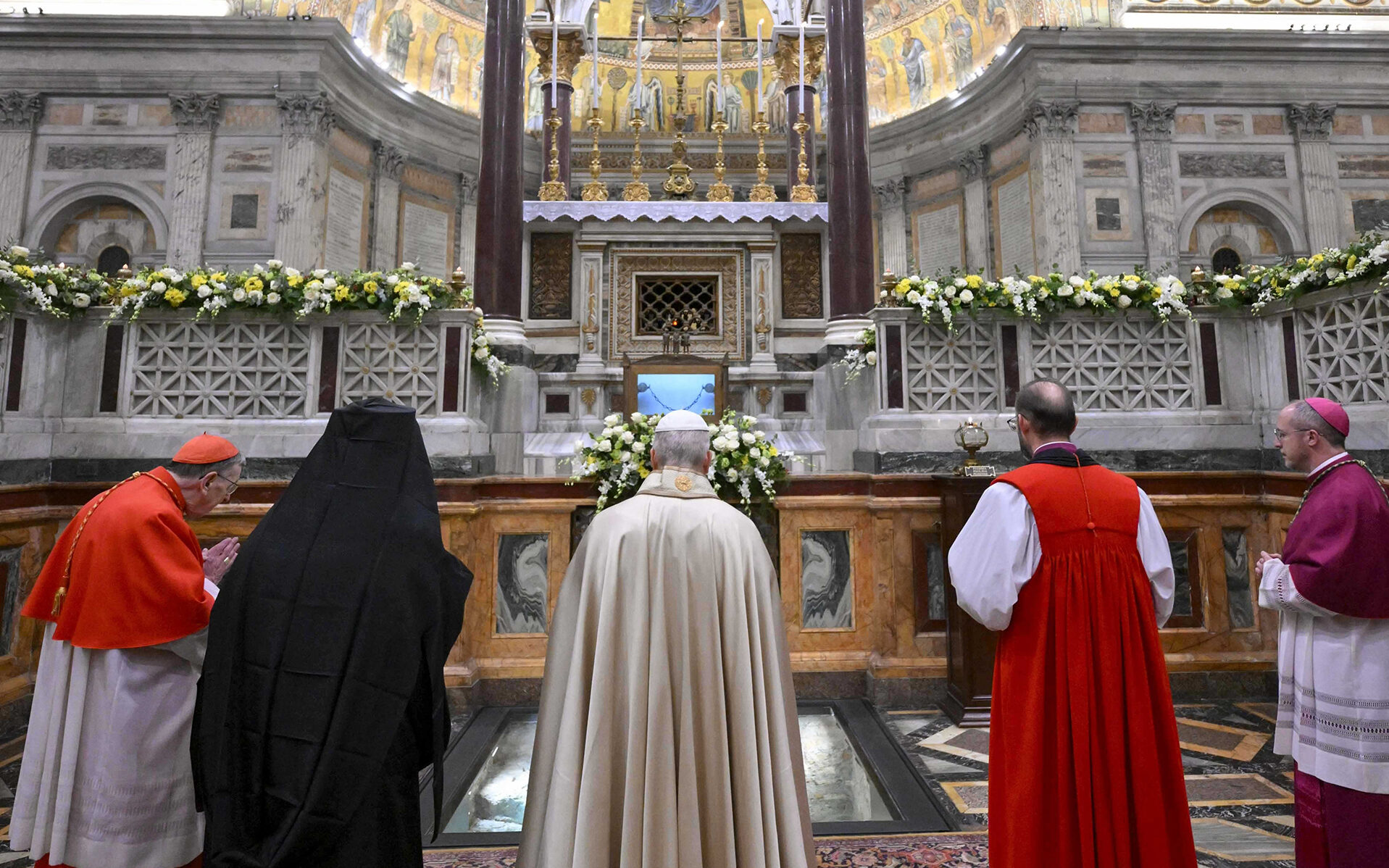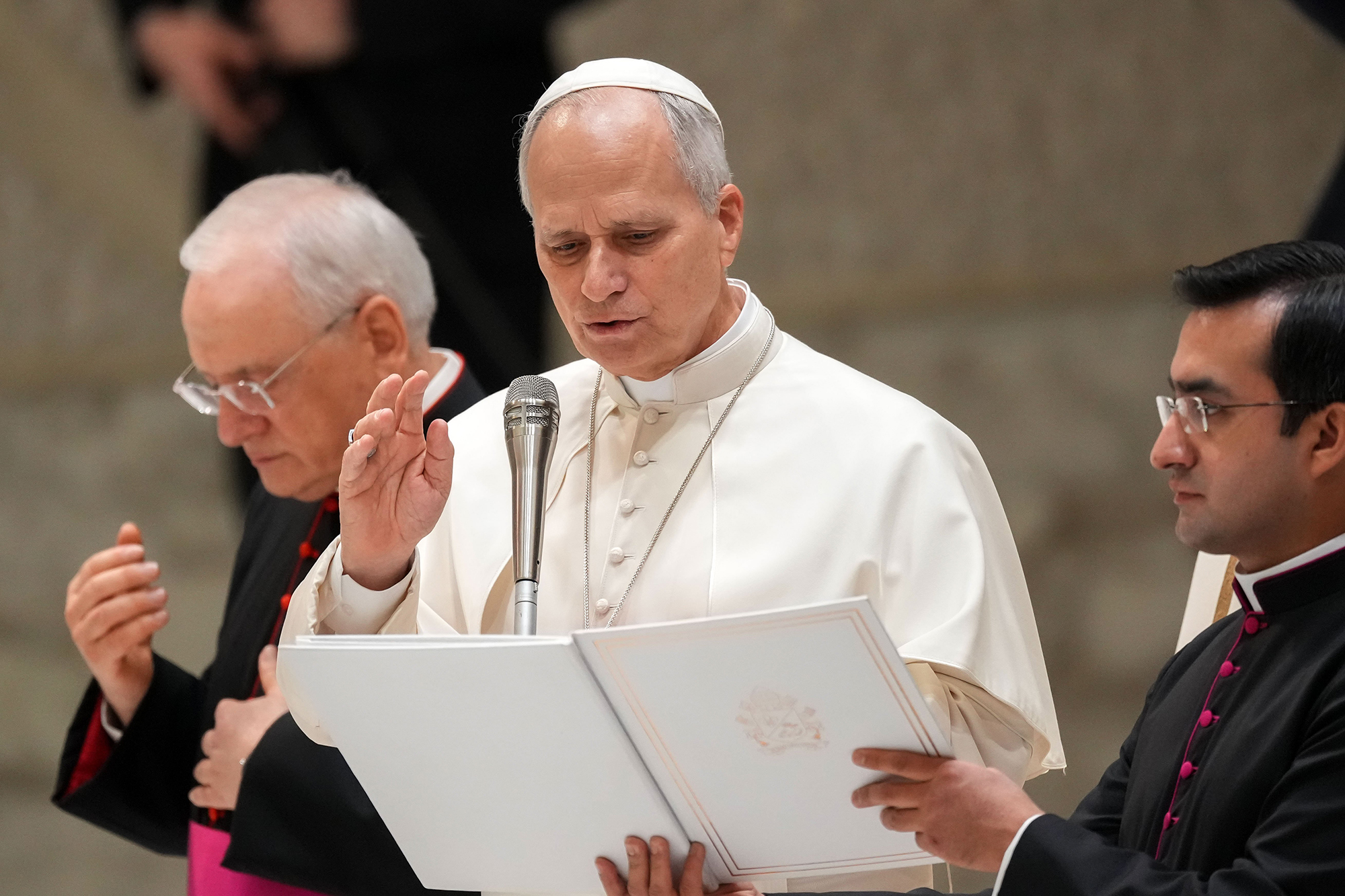SERVE THE LORD WITH GLADNESS | Challenged to let our souls be stretched by God
Jesus doesn’t give up on sinners, instead, He invites us to take up our cross and follow Him

Dear brothers and sisters in Christ,
Our readings this week cover Cain and Abel (Genesis 4), Noah and the Ark (Genesis 6-9), and the Tower of Babel (Genesis 11). These are great — albeit hard! — episodes to contemplate. A theme that unites them is sin: how sin keeps cropping up, how sin multiplies and how God acts in the face of sin.
When thinking about how God acts in the face of sin, there are many distinctions and nuances in the Catholic theological tradition! Let me mention just one because it pertains to the Jubilee Year of Hope.
The Catholic tradition speaks of the “poena” that follows upon sin. Now, it’s true that the simplest translation of the Latin term “poena” is the English word “punishment.” But “punishment” has the connotation of something arbitrary; “poena” means something more like “intrinsic consequence.” As the Catechism of the Catholic Church explains, the “punishments” due to sin “must not be conceived as a kind of vengeance inflicted by God from without, but as following from the very nature of sin.” (CCC 1472) A “poena” is more like a cut or a broken bone than it is like a detention!
Why does that matter? Because an indulgence — like the indulgence associated with the Jubilee Year of Hope — is directed to healing the consequences of sin. To be clear, indulgences are not bought and sold! And to be sure, an indulgence does not take away the eternal consequences of unrepented sin. Instead, it’s helpful to think of an indulgence as a spiritual medicine: It helps our souls heal more quickly from the wounds that sin inflicts on us.
One of the quiet themes of the story of Noah is that it only takes one righteous person to save the human race from perishing. In that way, Noah foreshadows Jesus — the one righteous person who saved all humanity from the flood of sin. Noah also calls to each of us: Even when it seems like the world around us is falling apart, our willingness to stay true to God’s commands has consequences for us and others.
We hear God say in Genesis 9 that He will never again destroy all life by a flood. That’s supposed to make us wonder: How will God deal with it, the next time the world is overrun by sin? What will be His next universal intervention? In the Gospel reading for that very same day, we hear Jesus gives the first passion prediction in the Gospel of Mark. The message is pretty clear: This — the Incarnation, the Cross and Resurrection — is how God will deal with the sin of humankind.
This, too, is a call to us. How do we treat sinners when we can’t win them over to the truth? We often give up on people; we write them off. Jesus didn’t. Instead, He subjected Himself to suffering to save sinners. He invites us to take up our cross and follow Him.
St. Augustine speaks of stretching a sack in order to make it capable of holding more. He uses that as an analogy for understanding how God “stretched” the heart of St. Paul, to make his love for people more Christlike. He then uses it as a challenge to us: to let our souls be stretched by God. The readings this week — and how they open up the Catholic tradition on sin, its consequences and Jesus’ approach to sin — challenge us to be stretched for the sake of the kingdom.




